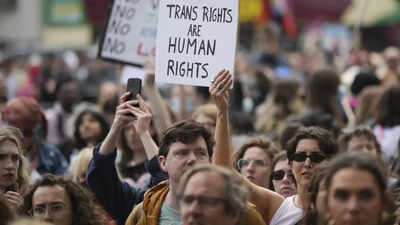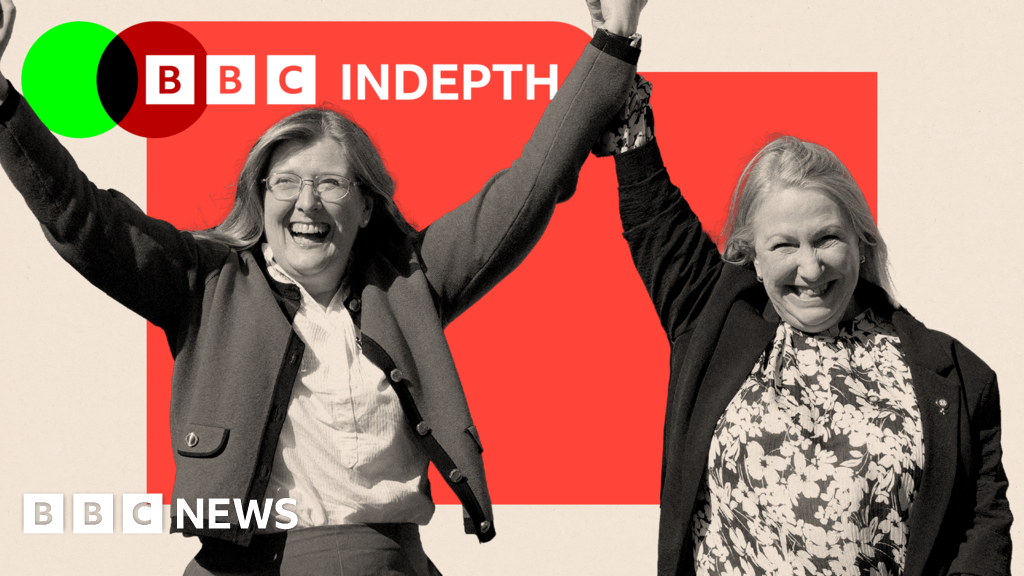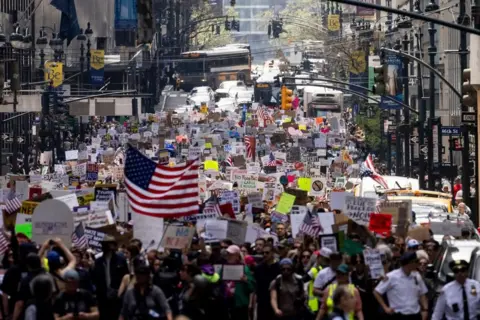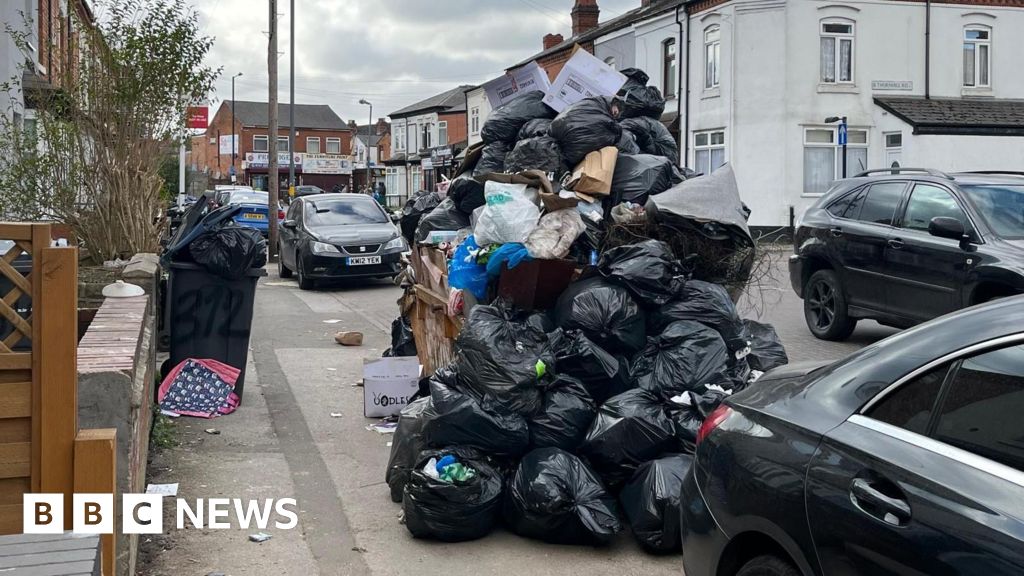The Complicated Path of Revoking Harvard's Tax-Exempt Status

In a significant escalation concerning federal funding and the administration's stance on higher education, President Donald Trump has threatened to revoke Harvard University's tax-exempt status. This dramatic declaration was made in a post on Truth Social, where Trump emphasized that tax exemptions are contingent upon acting in the public interest. He went further, stating that if Harvard continues to promote what he characterized as 'political, ideological, and terrorist inspired/supporting sickness,' it should be taxed as a political entity.
During a recent press conference, Trump indicated that administration officials are currently deliberating on their next steps regarding this matter, adding that a final ruling has yet to be made. However, both the Internal Revenue Service (IRS) and the White House have not responded to requests for comments from NPR, highlighting the uncertainty surrounding the situation.
Since the inception of the modern income tax in 1913, universities have been granted tax-exempt status, primarily due to their educational missions and community service commitments. Trump's threat to withdraw Harvard's exemption represents a potentially unprecedented retaliation against the institution for its noncompliance with the administration's recent demands. Observers note that there is historical precedent for such actions, with Bob Jones University in South Carolina being the only known case of a university having its tax-exempt status rescinded. Michael Graetz, a Yale University tax law professor, points out that the Supreme Court ruling from 1983 regarding Bob Jones University could serve as a legal framework should the Trump administration pursue similar actions against Harvard.
Graetz, who authored The Power to Destroy: How the Antitax Movement Hijacked America, stated that if Trump's threat materializes, it could have severe financial ramifications for Harvard. The university boasts an endowment of $53.2 billion, and losing tax-exempt status would prevent it from earning revenue on this substantial fund. Furthermore, Harvard donors would no longer be able to claim tax deductions for their contributions, drastically affecting the financial landscape of the institution.
In response to the President's statement, Harvard spokesperson Jason Newton asserted that there is no legal foundation for rescinding the university's tax-exempt status. He argued that such an action would severely hinder Harvard's educational mission, leading to a reduction in financial aid for students, the abandonment of critical medical research programs, and a decline in opportunities for innovation.
Trump's threats come amidst ongoing concerns from the administration about whether institutions like Harvard are adequately safeguarding their Jewish students from discrimination. Recently, the administration sent Harvard a comprehensive list of demands, highlighting significant concerns about antisemitism on campus. This list called for changes in hiring, admissions, and other policies while also seeking the dismantling of diversity, equity, and inclusion (DEI) programs.
After Harvard declined to fully comply with these demands, the administration's Joint Task Force to Combat Anti-Semitism responded by freezing over $2.2 billion in federal funding allocated to the university. Additionally, the U.S. Department of Homeland Security has been pressuring Harvard to submit the disciplinary records of international students, including individuals involved in campus protests. A letter recently obtained by NPR indicates that if Harvard does not provide these records by April 30, its eligibility to host international students may be revoked.
The case of Bob Jones University serves as a historical lens through which to view the current situation. This private Christian institution faced scrutiny for its longstanding policy that prohibited interracial dating and marriage among students. In 1976, the IRS determined that Bob Jones University was engaging in unlawful racial discrimination, leading to the revocation of its tax-exempt status. The university contested this decision, and the case eventually ascended to the Supreme Court. The Court ruled in 1983 in favor of the IRS, asserting that racial discrimination in education violates fundamental national public policy and that not all burdens on religious beliefs are unconstitutional.
Legal experts suggest that the Trump administration may attempt to invoke the Bob Jones ruling if it proceeds with efforts to revoke Harvard's tax-exempt status. Larry Zelenak, a law professor at Duke University, believes such an argument could hinge on demonstrating that Harvard discriminates against Jewish students by failing to protect them from antisemitism. However, he and other legal scholars question the validity of this comparison, arguing that unlike Bob Jones, Harvard does not have an official policy of discrimination.
Olatunde Johnson, a law professor at Columbia University, emphasizes that even in cases of explicit discrimination like that of Bob Jones University, it took considerable time and a rigorous legal process for the institution to lose its tax-exempt status. Should the IRS target Harvard, Johnson indicates that it would necessitate a thorough investigative process to uncover the facts surrounding the situation.
The political implications of using the IRS in such a manner are significant, as this is not the first time that a sitting president has attempted to leverage the agency for political gains. Historical examples include John F. Kennedy's directive to investigate right-wing groups and Richard Nixon's use of IRS audits to target political opponents. To mitigate these risks, Congress enacted measures in 1998 to safeguard the IRS from political influence, ensuring its independence and preventing the executive branch from using the agency as a tool against specific taxpayers.
Legal analysts caution that if the Trump administration follows through with its threats against Harvard's tax status, it would represent an extraordinary intrusion into the IRSs role. They assert that Harvard would likely have a robust defense if the administration's threats materialize, as any proposed revocation would need to withstand judicial scrutiny. As Zelenak aptly puts it, the governments efforts to revoke tax-exempt status would not become effective without a court ruling in its favor, a scenario he finds highly unlikely.
In conclusion, the potential revocation of Harvard's tax-exempt status raises more questions than answers. The legal and political ramifications of such a move could be immense, not only for Harvard but for the broader landscape of higher education in the United States.



























